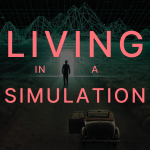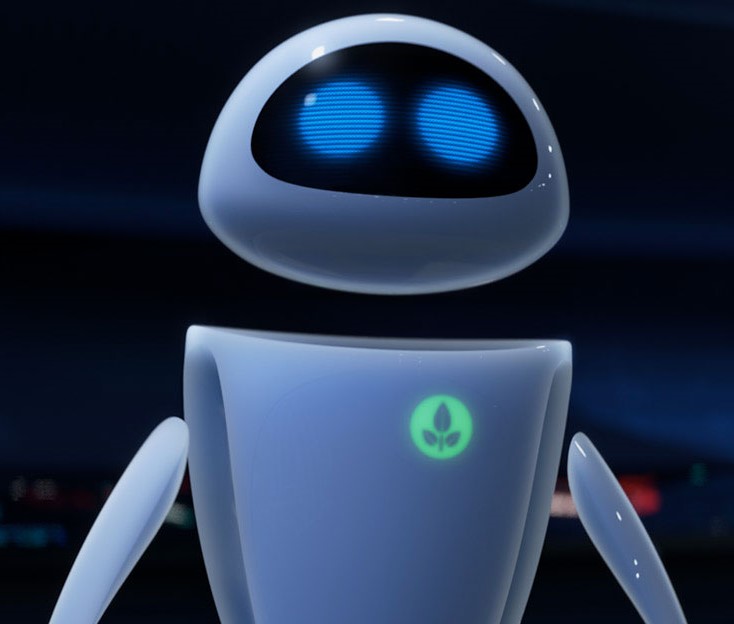Prepare to have your mind twisted and your reality questioned. In this mind-bending exploration of famous paradoxes, we’ll dive into the perplexing world of logical contradictions that have puzzled philosophers, scientists, and thinkers for centuries.
What is a Paradox?
A paradox is a statement or situation that appears contradictory or absurd but may be true in reality. It often presents a logical inconsistency that challenges our conventional thinking. Paradoxes can be found in philosophy, literature, science, and everyday life, prompting deeper reflection and revealing complex truths beyond surface-level understanding.
List of Best 10 Paradox Examples
Brace yourself for a journey that will challenge your understanding of truth, existence, and the very fabric of reality. We’ll cover the following examples of paradoxes.
- The Ship of Theseus
- The Liar’s Paradox
- Zeno’s Paradox of Achilles and the Tortoise
- The Grandfather Paradox
- The Barber’s Paradox
- The Sorites Paradox (Paradox of the Heap)
- The Omnipotence Paradox
- Schrödinger’s Cat
- The Unexpected Hanging Paradox
- The Paradox of Tolerance
Let’s get started.
The Ship of Theseus
The Ship of Theseus paradox challenges our understanding of identity and continuity.
As parts of the legendary ship are replaced over time, we question whether it remains the same vessel. This thought experiment probes the nature of objects and personal identity. Does gradual change alter essence? At what point does an object become something entirely new?
The paradox invites us to contemplate the boundaries of identity, sparking debates in philosophy, cognitive science, and even personal growth. It forces us to reconsider our assumptions about permanence and change in the world around us.
The Liar’s Paradox
The Liar’s Paradox, a mind-bending conundrum, challenges our understanding of truth and logic.
At its core lies the statement: “This sentence is false.” If true, it’s false; if false, it’s true. This self-referential paradox has puzzled philosophers for centuries, highlighting the limitations of language and logic. It raises questions about the nature of truth, the boundaries of formal systems, and the foundations of mathematics.
The Liar’s Paradox continues to intrigue and perplex, serving as a reminder of the complexities inherent in human reasoning and communication.
Zeno’s Paradox of Achilles and the Tortoise
Zeno’s Paradox of Achilles and the Tortoise challenges our intuition about motion and infinity.
In this thought experiment, swift-footed Achilles races a tortoise given a head start. Zeno argues that Achilles can never overtake the tortoise because he must first reach the tortoise’s starting point, by which time the tortoise will have moved ahead. This process repeats infinitely, seemingly preventing Achilles from passing the tortoise.
The paradox highlights the complexities of continuous motion and infinite divisibility, sparking centuries of philosophical and mathematical debate about the nature of space, time, and movement.
The Grandfather Paradox
Imagine traveling back in time and accidentally preventing your grandparents from meeting. Would you cease to exist?
This is the essence of the Grandfather Paradox, a classic time travel dilemma that challenges our understanding of causality and free will. If you don’t exist, how could you have gone back in time in the first place? This paradox has fascinated scientists, philosophers, and science fiction enthusiasts for decades, sparking debates about the nature of time and the possibility of altering the past.
The Barber’s Paradox
The Barber’s Paradox presents a logical conundrum that challenges our understanding of self-reference.
It posits a town where the barber shaves all men who don’t shave themselves. The paradox arises when we ask: Who shaves the barber? If he shaves himself, he shouldn’t be shaved by the barber (himself). If he doesn’t shave himself, he must be shaved by the barber (himself). This circular reasoning creates an unresolvable contradiction, highlighting the complexities of self-referential statements and the limitations of certain logical systems.
The Sorites Paradox (Paradox of the Heap)
The Sorites Paradox, also known as the Paradox of the Heap, challenges our understanding of vague predicates.
It asks: At what point does removing a single grain from a heap of sand cause it to cease being a heap? This philosophical puzzle highlights the difficulty in defining precise boundaries for imprecise concepts. As we remove grains one by one, there’s no clear moment when the heap becomes a non-heap.
This paradox extends to various domains, questioning how we categorize and define things in a world of continuous gradients and fuzzy boundaries.
The Omnipotence Paradox
The Omnipotence Paradox challenges the concept of an all-powerful being.
It asks: “Can an omnipotent entity create a stone so heavy that it cannot lift it?” This paradox creates a logical conundrum. If the being can create such a stone, it’s not omnipotent because it can’t lift it. If it can’t create the stone, it’s also not omnipotent.
This philosophical puzzle has sparked debates about the nature of omnipotence, logic, and the limits of power, forcing us to reconsider our understanding of absolute power and its implications.
Schrödinger’s Cat
Schrödinger’s Cat illustrates the bizarre nature of quantum mechanics.
In this thought experiment, a cat is placed in a sealed box with a radioactive atom and a poison vial. If the atom decays, the vial breaks, killing the cat. According to quantum theory, until observed, the atom exists in a superposition of decayed and not decayed states. Consequently, the cat is both alive and dead simultaneously until the box is opened.
This paradox highlights the challenges in applying quantum principles to macroscopic objects and our everyday understanding of reality.
The Unexpected Hanging Paradox
The Unexpected Hanging Paradox challenges our understanding of logic and prediction.
A prisoner is told he’ll be hanged unexpectedly within a week, but reasons it can’t happen on the last day, as it wouldn’t be unexpected. He then eliminates each day backward, concluding the hanging can’t occur at all. Yet, when he’s hanged midweek, it’s truly unexpected.
This paradox highlights the complexities of self-referential statements and the limitations of deductive reasoning when applied to future events, sparking debates among philosophers and logicians alike.
The Paradox of Tolerance
The Paradox of Tolerance, coined by philosopher Karl Popper, posits that unlimited tolerance leads to the disappearance of tolerance itself.
In a society that tolerates even the most intolerant views, those intolerant ideologies may eventually dominate and destroy the tolerant majority. To maintain a tolerant society, paradoxically, we must be intolerant of intolerance.
This concept challenges us to balance free speech with protecting democratic values, raising complex questions about where to draw the line between acceptable discourse and dangerous extremism in our pursuit of a truly open society.
In Conclusion
In conclusion, paradoxes continue to captivate and challenge our understanding of logic and reality. These mind-bending contradictions push the boundaries of our thinking, revealing the complexities of language, philosophy, and science. By embracing paradoxes, we open ourselves to new perspectives and deeper insights into the nature of existence and human cognition.



Leave a Reply